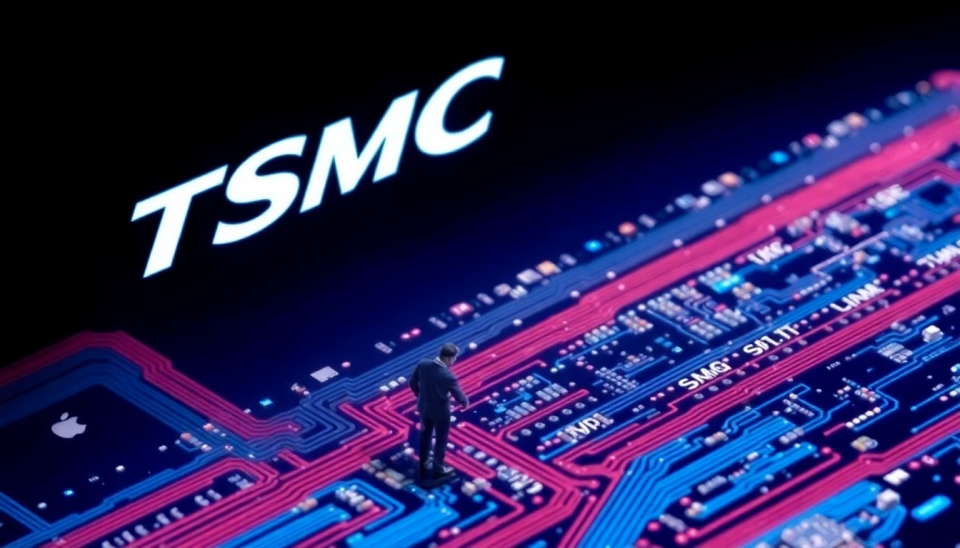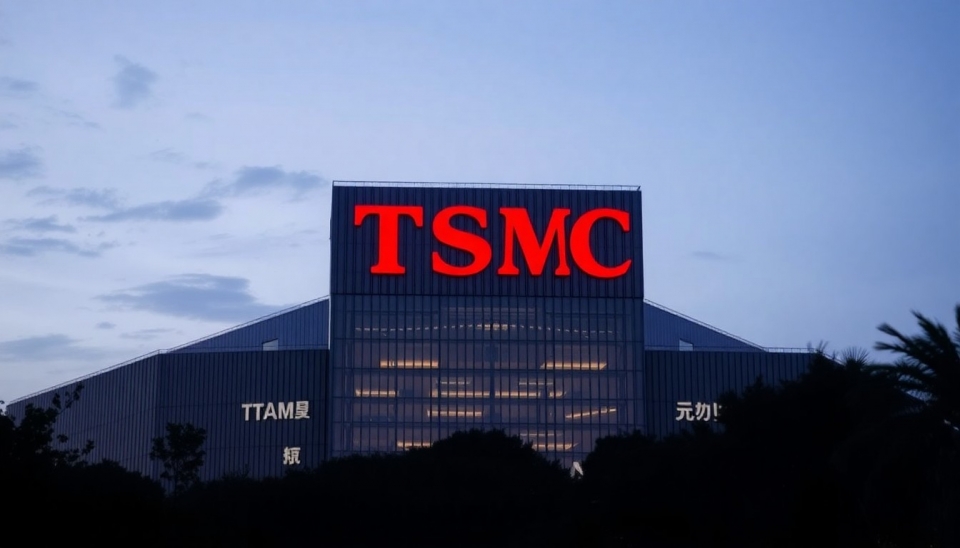
Taiwan, the global powerhouse when it comes to semiconductor manufacturing, is all set for yet another round of electricity price increases effective from October in what would be a major development. The increase is bound to hit both residential consumers and the chip manufacturing industry of the island while casting doubt over the future economic landscape.
The Ministry of Economic Affairs explicitly confirmed that the electricity rate would be raised. It was driven by the increase in fuel costs and the ongoing war in Ukraine, disrupting the energy supplies across the globe. This is the third continuous increase. Effective changes will begin on October 1, 2024.
Hence, the MOEA declared that for the residential users whose consumption is above 500 kWh per month and industrial users, electricity bills will surge by 5-10%. Smaller households and businesses that have less power consumption will not face such rate changes so that it could cushion the citizens and smaller enterprises from the impact.
But this development eclipses the fact that Taiwan lies at the heart of the global semiconductor supply chain, monopolized by giants such as TSMC, which supply vital chips from cars to consumer electronics and telecom equipment. Increased power prices raise production costs that could reverberate through global supply chains, forcing up the price of electronics worldwide.
Analysts and industry players are closely watching the development. There is growing concern over how these changes in electricity rates could affect Taiwan's investment climate, reliant as it is on its comparative advantages in high-tech manufacturing. According to some experts, this might tarnish Taiwan's image as a destination for foreign direct investment, particularly in energy-intensive industries.
In a presentation, Minister of Economic Affairs Wang Mei-hua pooh-poohed the public and industry players with assurances that the rate adjustment is reached with due consideration. She managed to drive the point home that the balance needs to be struck between the uninterrupted power supply and maintaining the financial health of the Taiwan Power Company, or Taipower in short, which engages in state-owned enterprises that generate and distribute electricity.
The decision on rate hikes also comes against the broader strategy of Taiwan transitioning to cleaner energy sources. In recent years, Taiwan has been investing in renewable energy projects including offshore wind farms and solar power with the view to cut dependence on imported fossil fuels. Still, those projects are in their development stage and have not yet greatly influenced the energy grid.
The above setbacks notwithstanding, Taiwan has been forging ahead with its energy and industrial policies. As such, it remains committed to ensuring the nation stays abreast of technological innovation while trying to navigate the many complications that are part and parcel of the global energy market.
This latest power price increase serves as a ripe reminder of how economic development and management of energy resources represent a rather delicate balancing act, especially for most modern industrial nations.
#Taiwan #ElectricityRateHike #SemiconductorIndustry #TSMC #GlobalSupplyChain #EnergyCrisis #RenewableEnergy #EconomicPolicy #InvestmentClimate #Taipower
Author: Emily Collins




